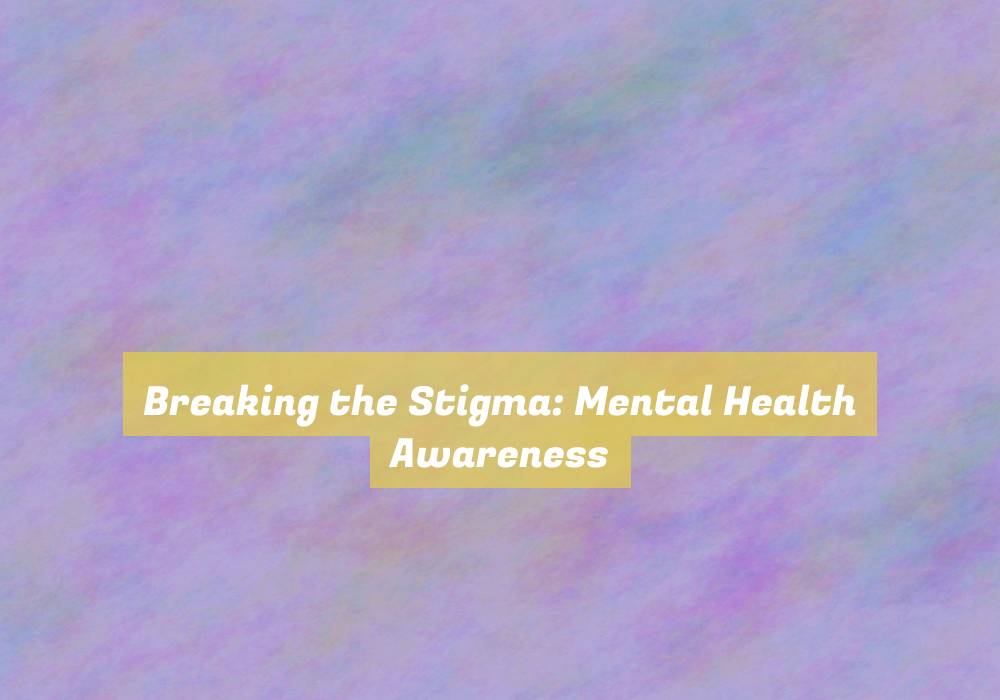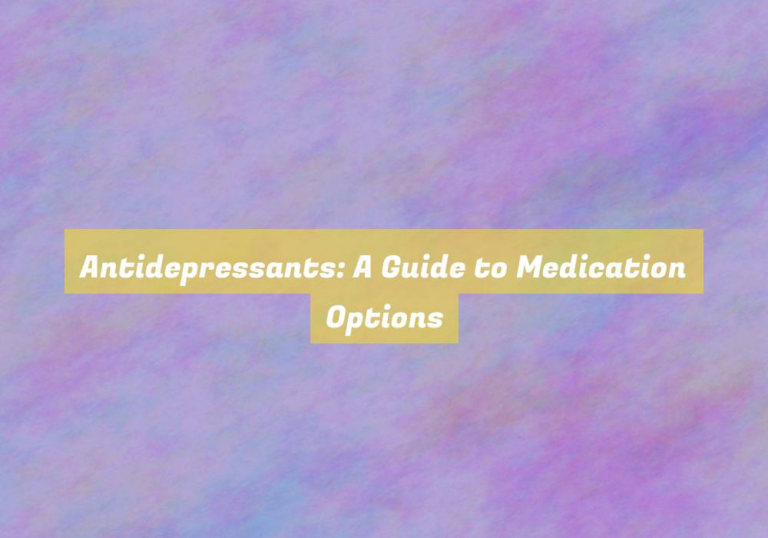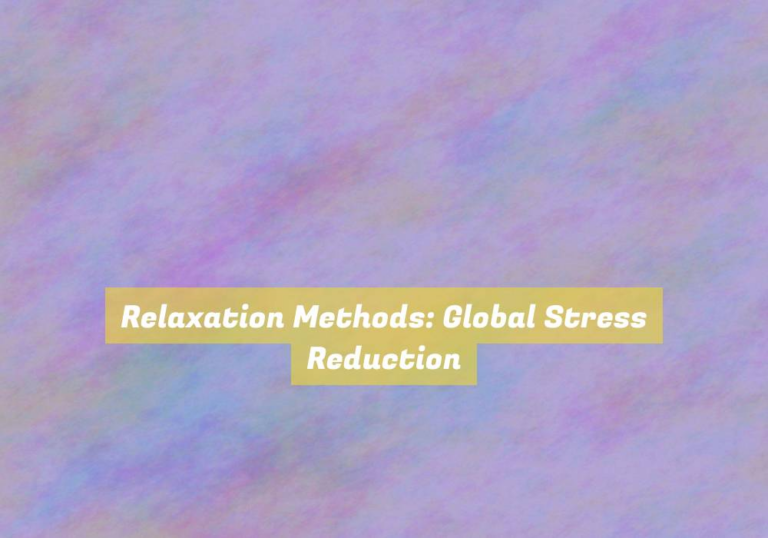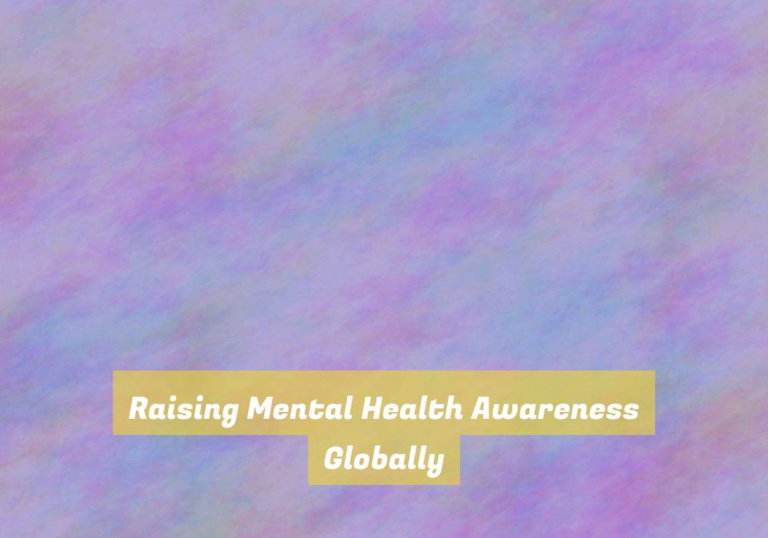Breaking the Stigma: Mental Health Awareness
Have you ever wondered how stigma impacts those struggling with mental health issues?
ItG??s time to challenge the misconceptions and stereotypes surrounding mental health and start promoting open conversations and support.
By creating a more inclusive society, we can break the stigma and raise awareness about mental health.
But what are the practical steps we can take to achieve this?
The Impact of Stigma on Mental Health
Stigma surrounding mental health significantly impacts individualsG?? well-being and access to support. When society attaches negative stereotypes to mental illness, it can lead to feelings of shame and fear of judgment. As a result, many individuals may be reluctant to seek help or disclose their struggles, fearing the repercussions of being labeled as G??crazyG?? or G??weak.G?? This reluctance can delay or prevent individuals from receiving the support and treatment they need to manage their mental health effectively.
Moreover, the impact of stigma extends beyond individualsG?? personal experiences to affect access to resources and support systems. It can lead to inadequate funding for mental health services and limited availability of trained professionals. Additionally, stigma can influence the way mental health is addressed in educational institutions and workplaces, contributing to a lack of understanding and accommodations for those struggling with mental health issues.
Challenging Misconceptions and Stereotypes
Challenging misconceptions and stereotypes about mental health requires open-mindedness and a willingness to educate oneself about the realities of mental illness.
ItG??s essential to understand that mental health issues arenG??t a choice or a character flaw. TheyG??re real medical conditions that can affect anyone, regardless of age, gender, or background.
One common misconception is that people with mental illnesses are weak or unable to handle lifeG??s challenges. In reality, individuals with mental health issues display strength and resilience in coping with their conditions.
Another stereotype that needs to be challenged is the belief that those with mental illnesses are dangerous or violent. In truth, the vast majority of people with mental health conditions arenG??t violent and are more likely to be victims of violence rather than perpetrators.
ItG??s crucial to recognize that these misconceptions and stereotypes can contribute to the stigma surrounding mental health, making it harder for individuals to seek help and support.
Promoting Open Conversations and Support
Now, letG??s shift our focus to fostering open conversations and providing support for individuals dealing with mental health challenges.
ItG??s crucial to create an environment where people feel comfortable discussing their mental health. Encouraging open conversations about mental health helps break down stigmas and allows individuals to seek the support they need.
As a friend or family member, you can make a difference by actively listening without judgment and offering your support. Let the person know that itG??s okay to talk about what theyG??re going through and that youG??re there for them.
Additionally, itG??s important to educate yourself about mental health issues and the available resources so that you can provide informed support.
Beyond personal connections, communities and workplaces can also play a significant role in promoting open conversations and support for mental health. By organizing events, workshops, and support groups, these environments can foster a culture of understanding and empathy.
Together, we can create a supportive and open atmosphere where individuals feel empowered to seek help and share their experiences without fear of stigma or discrimination.
Creating a More Inclusive Society
To create a more inclusive society, itG??s essential to actively promote understanding and acceptance of individuals with diverse mental health experiences.
One of the most crucial steps towards this goal is to educate the public about different mental health conditions and their impact on individuals. Encouraging open discussions and providing accurate information can help dispel misconceptions and reduce stigma.
ItG??s important to foster empathy and compassion, acknowledging that everyoneG??s mental health journey is unique. Creating safe spaces where individuals feel comfortable sharing their experiences without fear of judgment is also vital.
Additionally, advocating for policies that prioritize mental health support and accessibility can help ensure that everyone, regardless of their mental health status, feels valued and supported in society.
Embracing diversity and actively working to include individuals with mental health challenges in all aspects of community life, from employment opportunities to social activities, is crucial for building a truly inclusive society.
Conclusion
ItG??s time to break the stigma around mental health.
By challenging misconceptions, promoting open conversations, and creating a more inclusive society, we can support those who are struggling.
LetG??s work together to change the narrative and provide understanding and empathy for those dealing with mental health issues.
ItG??s okay to not be okay, and itG??s important to seek help and support.
Together, we can make a difference.






